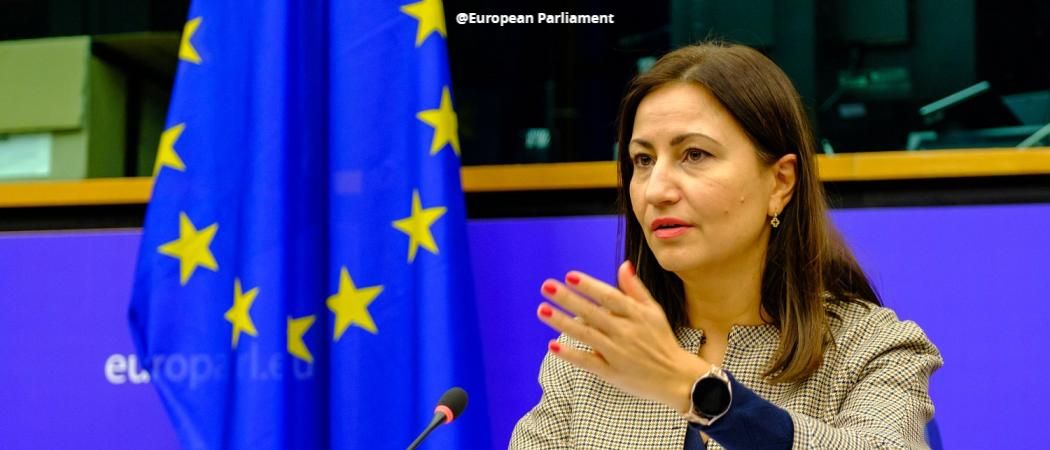
During the ongoing negotiations for the 2024 EU budget, the European Commission and the European Parliament are putting forward a clear ambition to strengthen international research cooperation. At a conference in Brussels on October 7, the newly appointed Commissioner for Innovation, Research, Culture, Education, and Youth, Iliana Ivanova, emphasised the need to strengthen work with partner countries and move forward with pending deals. Indeed, many countries, such as Canada, Switzerland, Japan, and South Korea, await the opportunity to follow in the footsteps of the United Kingdom, which regained access to the programme last September after three years of negotiations.
However, the process is currently proceeding at a particularly slow pace on various fronts. Negotiations with South Korea and Japan have barely commenced, while trade disputes and financial concerns are impeding progress with Switzerland and Canada. Past collaboration efforts with Russia and China have come to a halt, and the EU is now striving to establish new equilibria to ensure strategic autonomy without stifling innovation or succumbing to protectionism.
Even within the bloc's borders, access to Horizon Europe and Erasmus+ funding and opportunities is not smooth. In December 2022, more than 30 Hungarian institutions were banned from receiving funding due to concerns over the respect of the rule of law and their autonomy from the government, as universities are currently controlled by management boards where a large majority of members have ties to the government. However, MEP Gwendoline Delbos-Corfield (Greens/EFA), the Parliament's rapporteur on the situation in Hungary, argues that the ban is hurting researchers, students, and university staff.
Pleading for restoring solidarity and an instrument that allows conveying European values, she suggests setting up an independent intermediary body to manage the money, an idea that has not yet garnered a lot of support amongst member states or the European Commission. Indeed, European budget commissioner Johannes Hahn recently told the Parliament's Budgetary Control committee that negotiations are at a standstill, nearly one year after sanctions were put in place. Ultimately, the decision to renew the Horizon and Erasmus+ ban has to be reassessed yearly by the European Council, but there is little hope for a change yet.